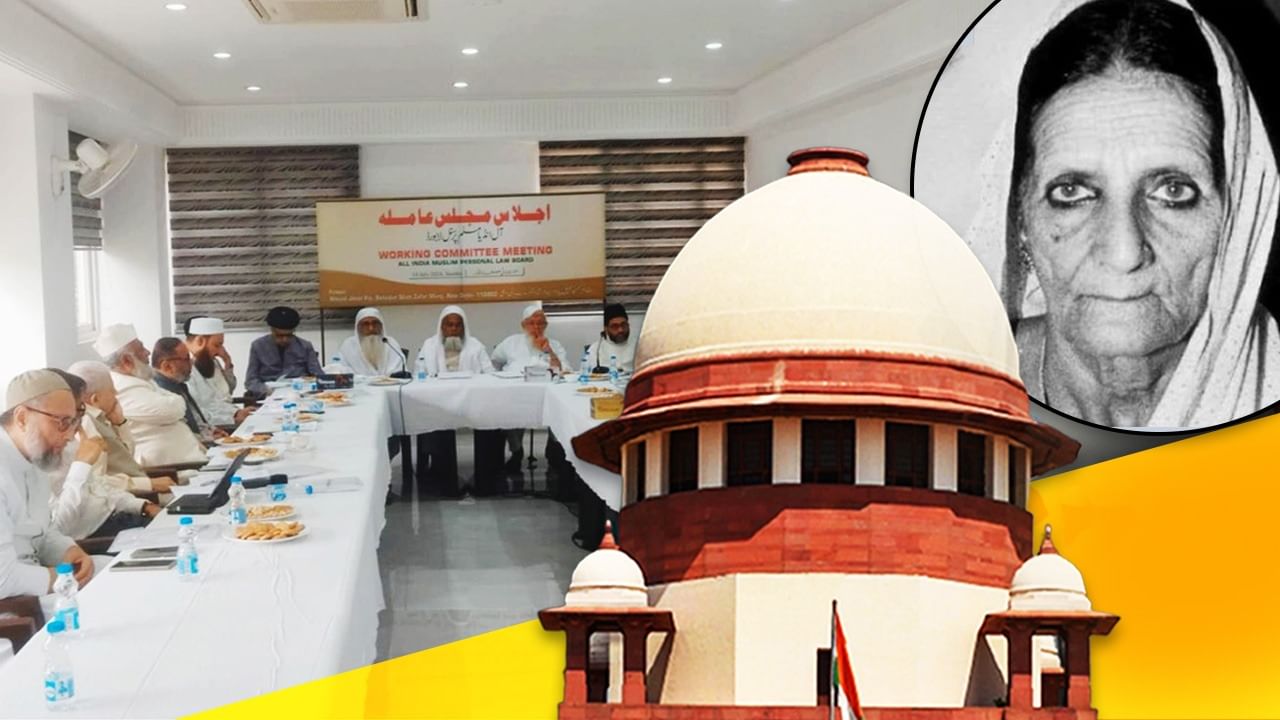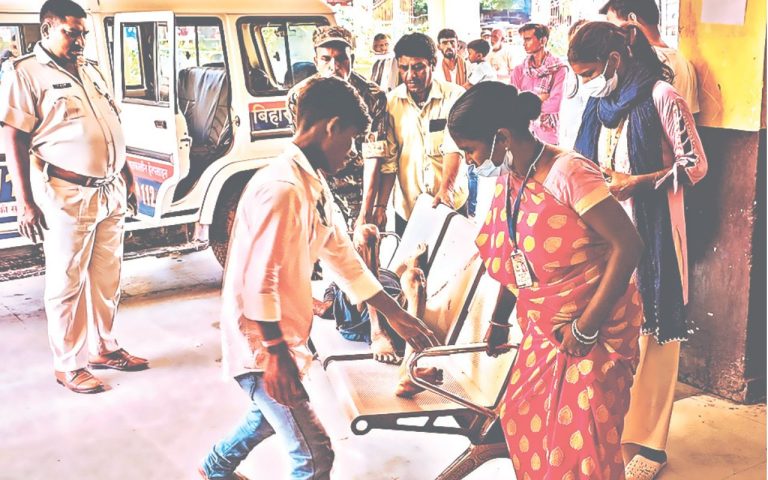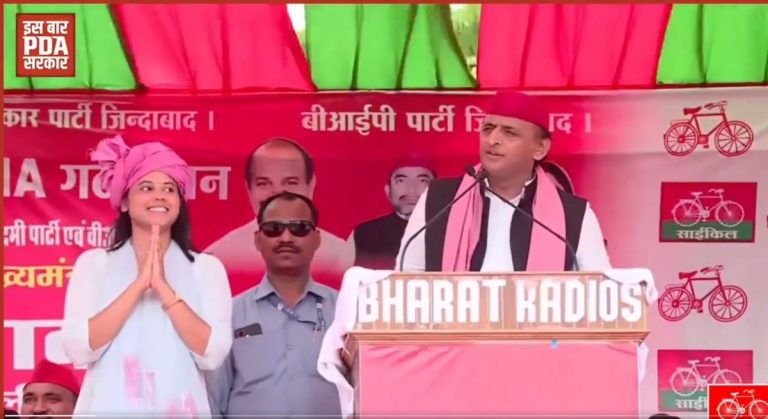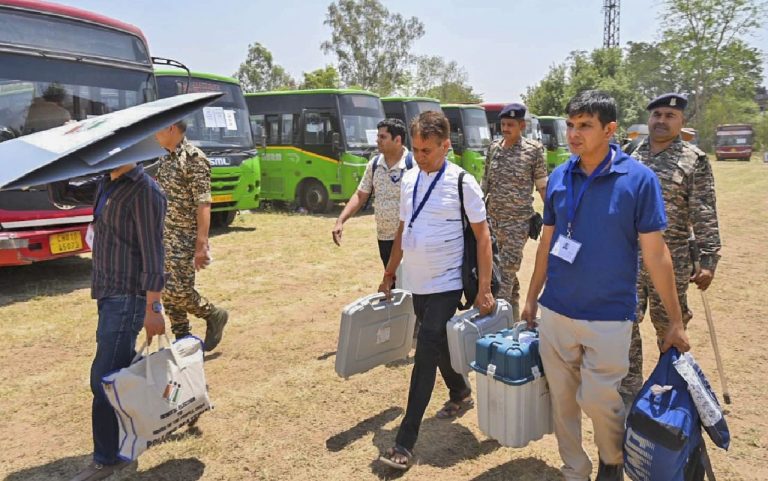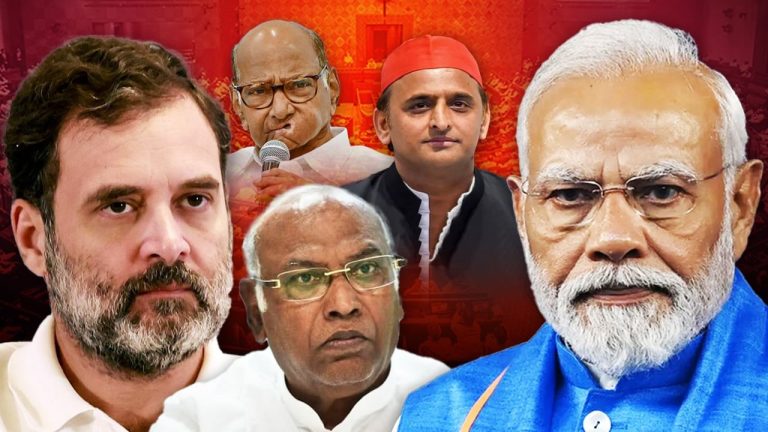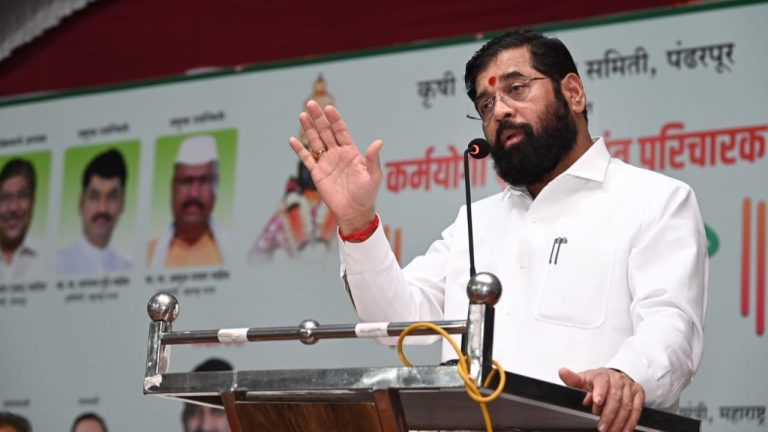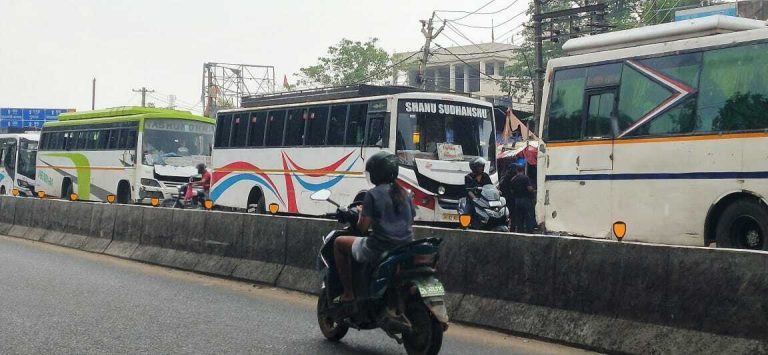Alimony for Muslim women: What's in AIMPLB's plan, why the Shah Bano case comes to mind?
The All India Muslim Personal Law Board (AIMPLB) opposes the award of lifetime alimony to divorced Muslim women. 6 resolutions were passed in AIMPLB meeting held on Sunday. Chief among these proposals is the Supreme Court's recent judgment in the alimony case. The AIMPLB wrote in the proposal that the Supreme Court's judgment in the Muslim Divorced Women's Maintenance Allowance case is against Sharia law. The Muslim Personal Law Board described it as a verdict similar to the 39-year-old Shah Ban case. The Personal Law Board is preparing to file a review petition against the Supreme Court verdict. AIMPLB says it will try to reverse this decision using all legal and democratic means. What is in the agenda passed in the AIMPLB meeting? The Muslim Personal Law Board says that this ruling by the country's Supreme Court is against Islamic law, i.e. Sharia. Divorce is not considered good in Islam, but if it becomes difficult to live together despite all efforts, separation is the right way. The board has written in the proposal that the Supreme Court has announced its verdict in the interest of women but it will make life worse for Muslim women. The Board's argument was that how can the responsibility of maintaining a divorced woman be imposed on men when there is no relationship. In its proposal, the AIMPLB asserted that India has a Sharia Application Act, 1937 for Muslims, just as there is a Hindu Code for Hindus. Also, Article 25 of the Constitution gives freedom to all citizens of India to practice their religion. Sunday, July 14, 2024 at Masjid Jal Biao, Bahadur Shah Jafar Marg, New Delhi pic.twitter.com/ciUz8gun9Q – Resolutions passed in the Executive Committee meeting of All India Muslim Personal Law Board (@AIMPLB_Official) July 14, 2024 Why AIMPLB remembers Shah Bano case ? AIMPLB has described the Supreme Court's judgment in the alimony case as similar to the Shah Bano case. In fact, about 40 years ago, Shah Bano, a 62-year-old woman from Indore, was divorced by her husband after her second marriage, after which she had to approach the court for maintenance. Hearing Shah Bano's petition, the Indore High Court decided to grant alimony of Rs 179 per month to her husband. Shah Bano's husband Mohammad Ahmed Khan, who was a lawyer by profession, filed a petition in the Supreme Court challenging the verdict. In 1985, while ruling in favor of Shah Bano in this case, the court ordered maintenance allowance to Ahmed Khan under Section 125 CrPC. Even after this decision, Muslim organizations across the country were very angry and they pressured the then Rajiv Gandhi government to reverse the decision. Rajiv Gandhi overruled the Supreme Court's decision, the then Prime Minister Rajiv Gandhi's government brought the Muslim Women (Protection of Rights on Divorce) Act, 1986 and overturned the court's decision. According to this law, Muslim divorced women were entitled to receive financial support from their ex-husbands only for a period of Iddat (90 days). Since then, personal matters related to Muslims such as marriage, divorce, alimony, property etc. are heard and adjudicated in courts only under Muslim personal law. What is the provision in CrPC and Section 125 of the 1986 Act? Under Section 125 of the CrPC (now BNSS Section 144), divorced women are entitled to lifelong maintenance from their ex-husband. According to this, if the woman does not remarry after divorce, her husband has to pay her maintenance for the rest of her life. On the other hand, the 1986 Act, which came into effect after the Shah Bano case, provides for alimony only for 90 days after divorce. What did the SC say in its decision on July 10? In the Supreme Court, Justice B.V. A bench comprising Nagaratna and Justice Augustine George Masih, while dismissing the plea of a Muslim from Telangana, held that women belonging to every religion are entitled to maintenance allowance under Section 125 of the CrPC. The court held that Muslim women are entitled to maintenance allowance like women of other religions. Judge PV Nagaratna, who heard the case, said the time has come for Indian men to recognize the sacrifice of their wives. He also stressed on opening joint account of husband and wife and providing regular financial support.
